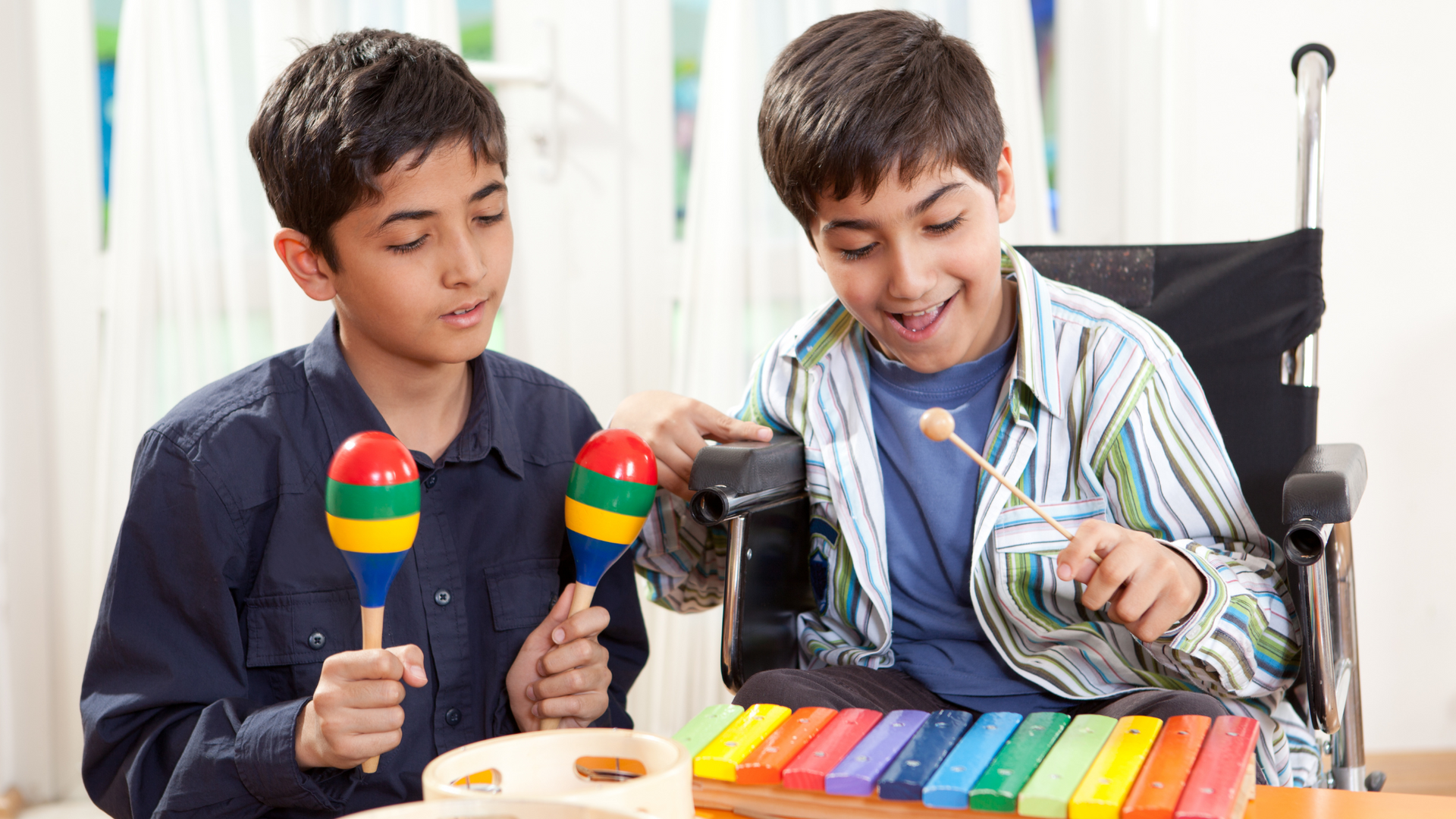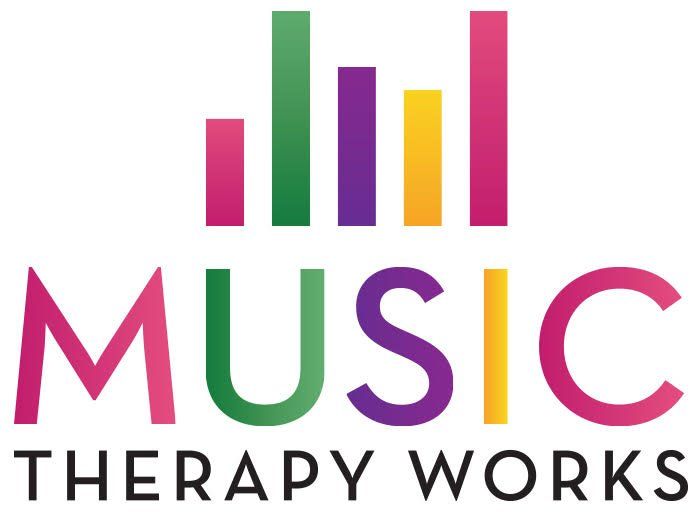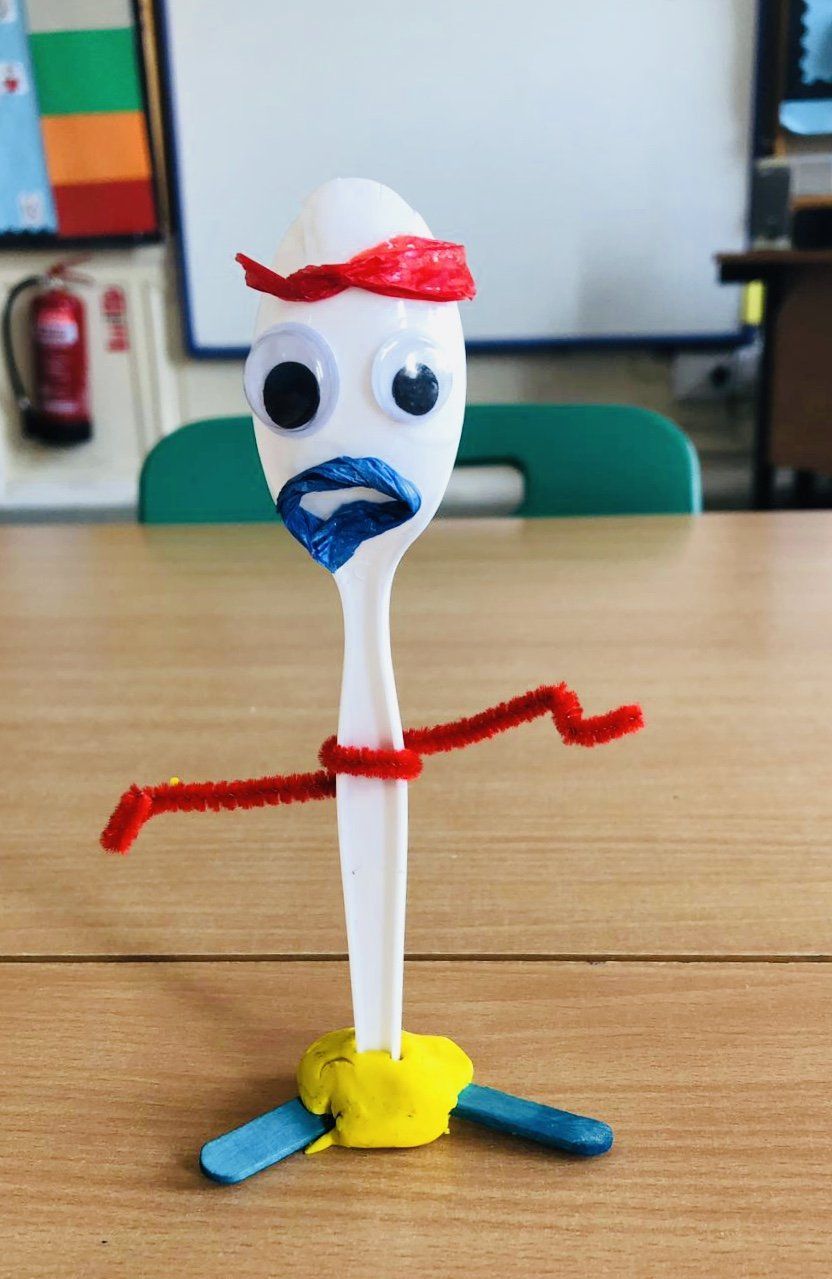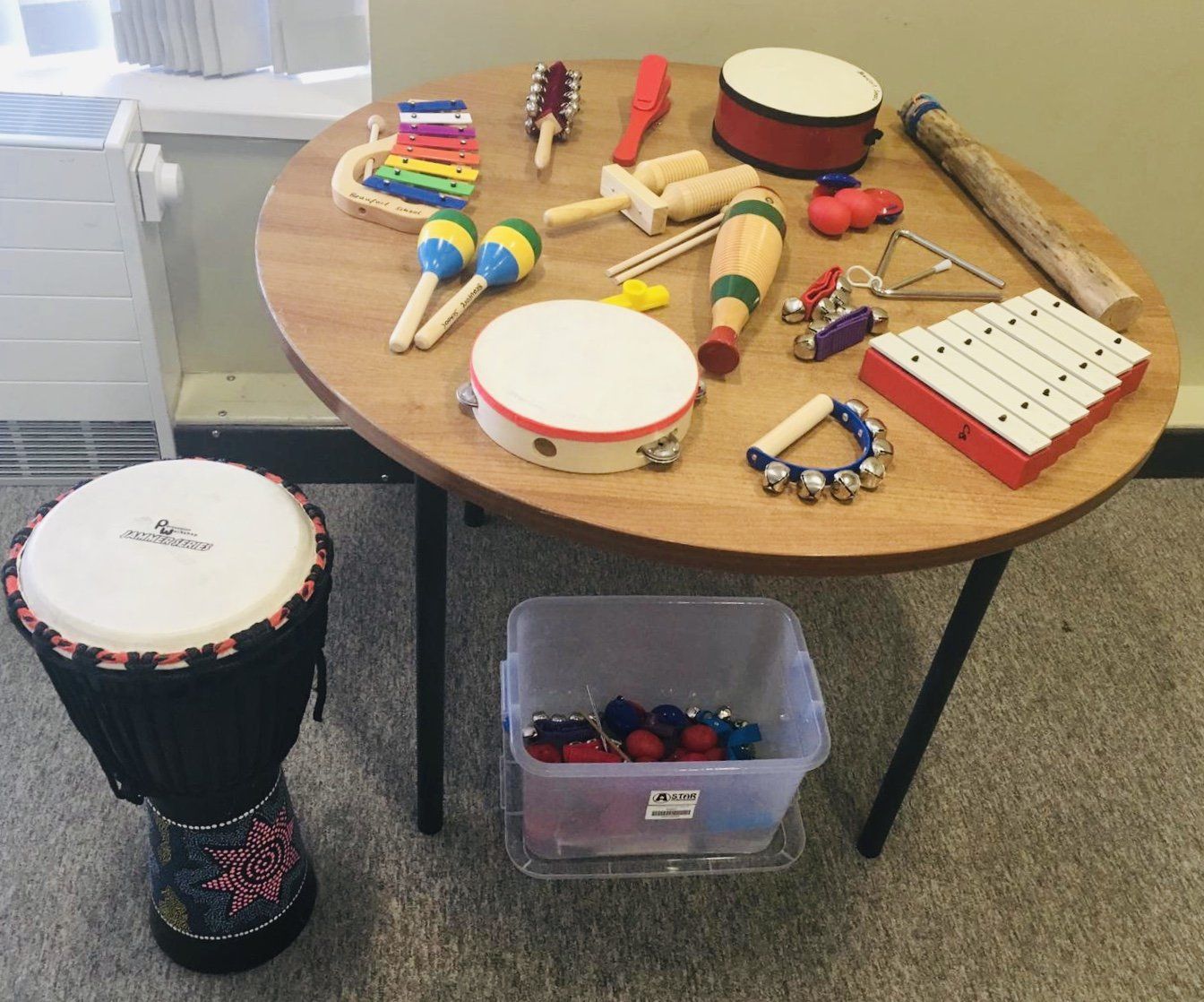How Music Therapy Supports Emotional Well-being in Children
Unlocking emotions through music to help
children thrive

Children experience a wide range of emotions as they grow and develop, and understanding and managing these emotions is a crucial part of their overall well-being. However, for many children, expressing emotions can be challenging, especially when they lack the vocabulary or confidence to articulate their feelings. This is where music therapy can play a vital role. Music therapy provides a non-verbal, creative outlet for children to explore and express their emotions in a safe and supportive environment.
The Role of Music Therapy in Emotional Development
Music is a universal language that resonates with children in a profound way. From the rhythmic sounds of a drum to the soothing melody of a lullaby, music has the power to evoke a wide range of emotions. In music therapy, these natural connections are harnessed to help children better understand and manage their feelings.
Key Ways Music Therapy Supports Emotional Well-being in Children
Encourages Emotional Expression
Music therapy offers children a way to express their emotions without relying on words. Whether through singing, playing instruments, or moving to music, children can convey their feelings in a way that feels natural and enjoyable. This can be particularly beneficial for children who are shy, have communication difficulties, or are dealing with complex emotions like grief or anxiety.
Enhances Self-Awareness
Through music therapy, children learn to recognise and name their emotions. For example, a therapist might ask a child to choose a song that reflects how they’re feeling or create a piece of music that represents their current mood. This process helps children become more aware of their emotional states and understand that all emotions are valid and manageable.
Reduces Anxiety and Promotes Relaxation
Music therapy can be a soothing experience for children, helping to reduce anxiety and stress. The rhythmic and repetitive nature of music can create a sense of stability and calm, which is particularly helpful for children who struggle with anxiety or are going through a stressful time, such as starting a new school or dealing with family changes.
Builds Emotional Resilience
By engaging in music therapy, children learn coping strategies that can help them deal with difficult emotions. For instance, a therapist might teach a child to use music as a tool for self-soothing when they feel overwhelmed. Over time, these skills contribute to greater emotional resilience, helping children navigate challenges with confidence.
Fosters Positive Relationships
Music therapy often involves group activities, where children can make music together, share their creations, and support one another. These interactions help build social skills, empathy, and a sense of belonging, all of which are crucial for emotional well-being. Through shared musical experiences, children can form positive relationships that provide emotional support.
Conclusion
Music therapy is a powerful tool that can significantly enhance emotional well-being in children. By providing a creative and supportive space for emotional expression, music therapy helps children develop self-awareness, reduce anxiety, build resilience, and foster positive relationships. Whether the child is struggling with specific emotional challenges or simply needs a healthy outlet for their feelings, music therapy can offer valuable support.
If you’re interested in learning more about how music therapy can benefit your child, don’t hesitate to reach out to us at



